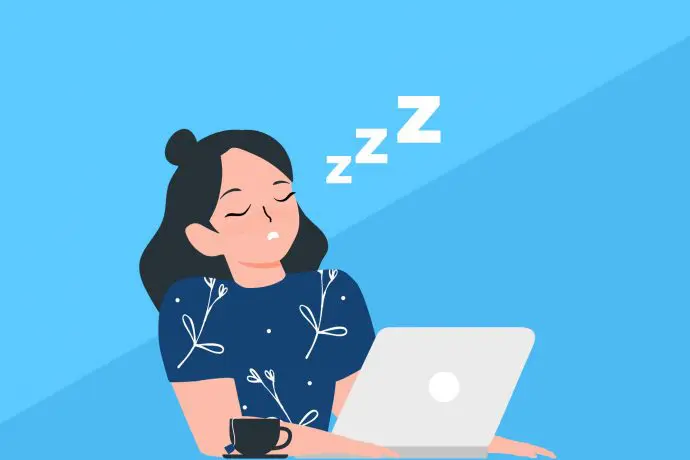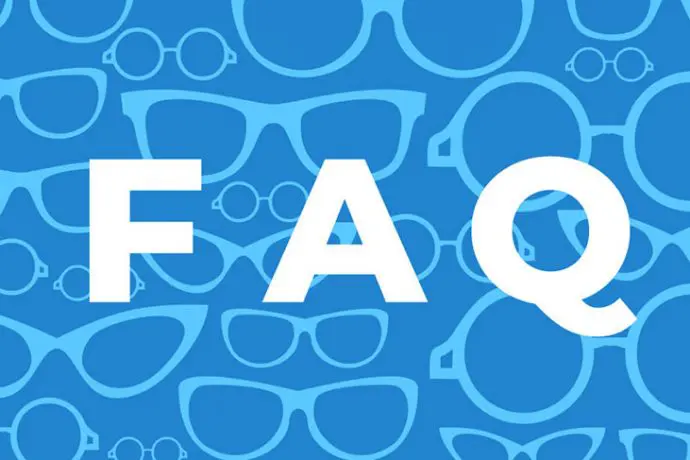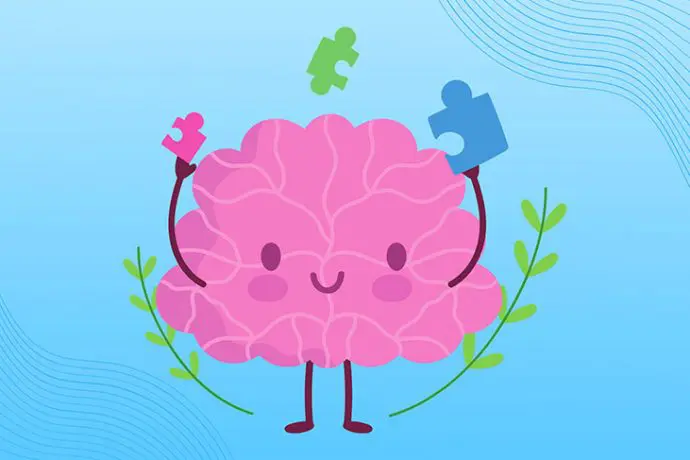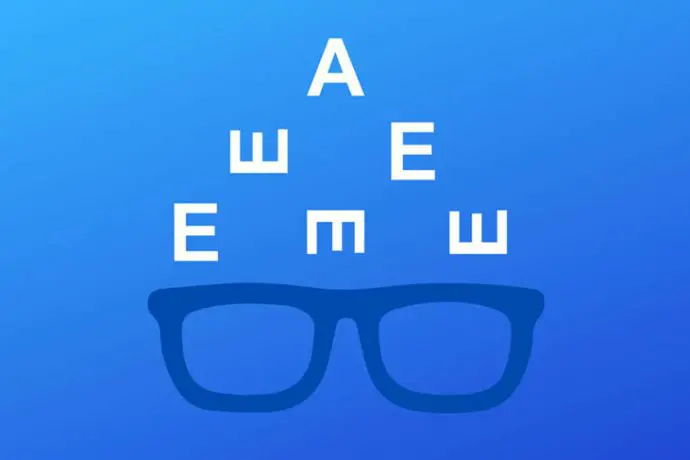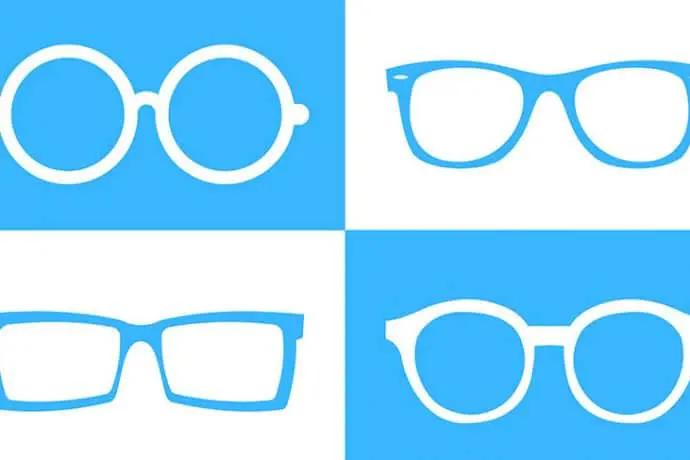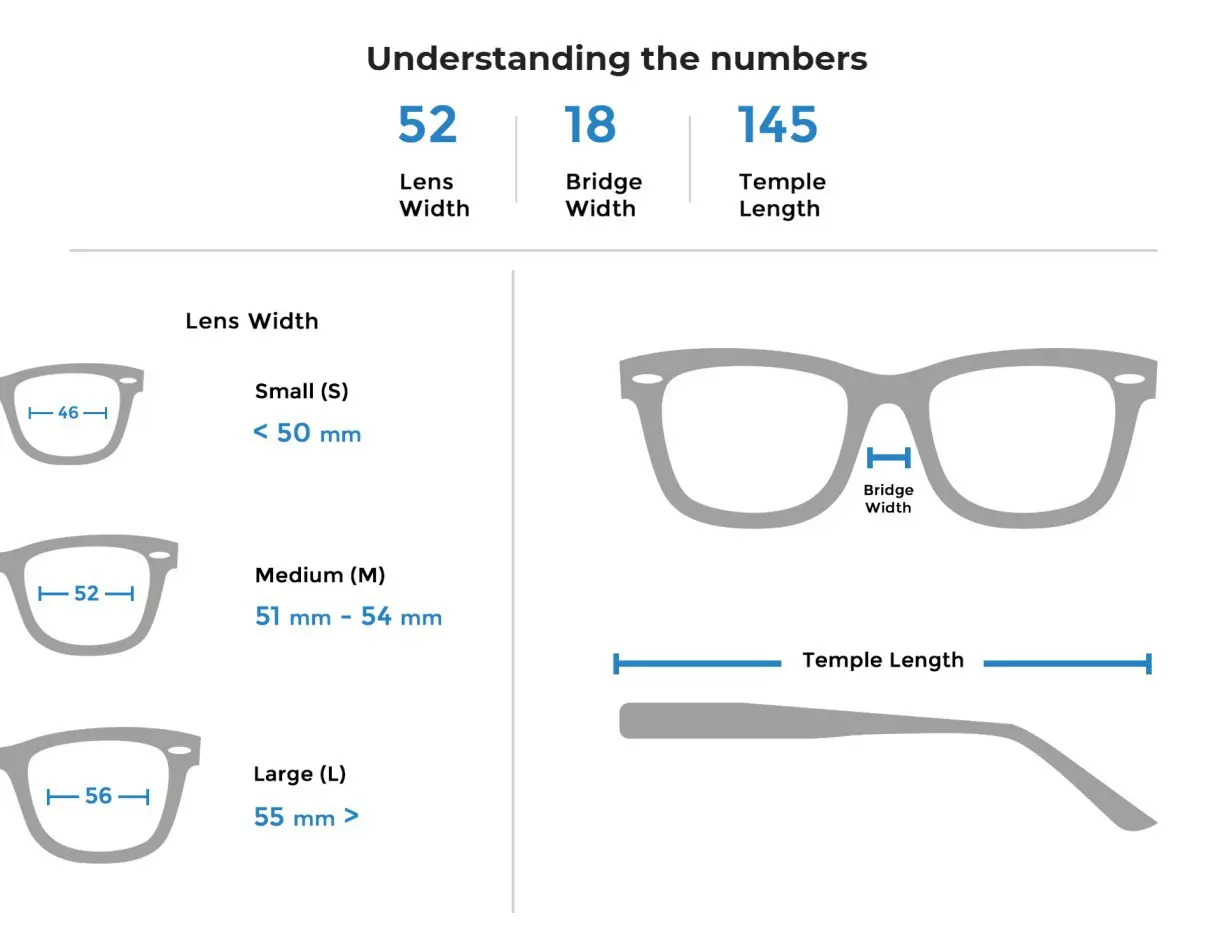Do Computer Glasses Really Work?
Computer glasses and blue light filters are hitting the market at rapid speed, but do they actually work?
It is not uncommon for adults to reach up to 10 hours of screen time a day.
More than 70% of teens and children spend at least two hours on digital devices a day, while approximately a third of those report symptoms of digital eye strain, irritability, and a reduced attention span.
Digital eye strain is one of the three main concerns with being exposed to so much blue light.
Sleep disruption and macular degeneration are other significant concerns.
Not many studies have shown just how detrimental blue light is on our overall health.
It’s not a risk most people want to take.
Cutting Back On Digital Device Use
A simple solution may be to cut back on digital device use.
But with people using smartphones, tablets, and computers for things such as alarms, checking the weather, or shopping, people won’t quit using devices.
As more of the side effects of our digital lives emerge, people start to use computer glasses, such as bluwinx.
Several eye professionals agree it is worth attempting to protect your eyes from as much artificial blue light as possible, especially in the evening.
A study in the Journal of Adolescent Health in 2015 looked at the effects of blue light on 15- to 17-year old males with and without blue light blocking glasses.
The study concluded that teens and children would highly benefit from blocking blue light, especially in the evenings when blue light is known to interfere with melatonin production.
Melatonin production then negatively impacts sleep patterns, and over time, a body’s natural circadian rhythm.
Another study looked at the effects of wearing tinted glasses in the evening as a way to prevent sleep disruptions.
Adults participating in the study wore the glasses for three hours before bed for several weeks.
At the end of the study, the study defined the glasses as being effective.
Melatonin production wasn’t inhibited, and participants reported an overall increase in quality of mood.
Articles have explored anecdotes from women who wear the glasses claim fewer headaches and decreased need to take breaks while working in front of a screen.
While these articles don’t have scientific data to back them up, they seem to be consistent in what women have experienced.
However, it could be a placebo effect, as some point out.
Anecdotal evidence shows adults experiencing fewer headaches, dry eyes, and even shoulder and neck strain after wearing computer glasses all day compared to the time of not wearing it.
Do You Even Need Computer Glasses?
Experts agree if you are not having symptoms of eye strain or sleep disruptions, don’t worry about computer glasses.
But with the majority of adults and teens reporting these problems, blue light blocking glasses will likely be beneficial to you.
Additionally, so many people get used to digital eye strain, you may not even realize it’s a problem for you until you do something about it.
If you find yourself leaning over, or looking above or under your eyewear, you likely need computer glasses like bluwinx.
Computer glasses reduce glare as well as filter the amount of blue light you’re exposed to, enabling you to work longer on devices without worrying about the side effects.
Glasses like bluwinx are designed to filter out blue light while increasing the screen’s contrast to help your eyes relax as you view a device.
Studies show the most logical safeguards against blue light are filters that reach into the 459-484 nanometer range since that’s the range where blue light is.
We designed bluwinx glasses to filter out 55 percent of the 474-475 range of blue light coming from digital devices.
Blue light blocking glasses are effective at blocking out harmful light.
Some blue light is necessary for our health because it helps keep us alert and aware during daylight hours.
So it’s not necessary to block 100 percent of the blue light.
That’s why bluwinx glasses are ideal.
They block a portion of blue light and block blue light in the most detrimental wavelength range.
bluwinx glasses will ease a person’s eye strain and help prevent sleep disruptions without blocking needed levels of blue light.
Computer glasses reduce glare, increase contrast, and maximize what you’re looking at on your screen.
This design helps users use digital devices for longer without worrying about negative effects.
Glasses with yellow tints, like bluwinx, increase contrast on the screen while filtering out harsh and uncomfortable light, making it easier for your eye to focus on the screen you’re using.
Blue light blocking glasses are helpful to everyone in reducing the harmful side effects of our digital age.
We at bluwinx also provide stylish options for all.
Sources
Overexposed, E. The Digital Device Dilemma, 2016 Digital Eye Strain Report. The Vision Council.
Rosenfield, M. (2016). Computer vision syndrome (aka digital eye strain). Optometry in Practice, 17(1), 1-10.
Sheppard, A. L., & Wolffsohn, J. S. (2018). Digital eye strain: prevalence, measurement, and amelioration. BMJ Open Ophthalmology, 3(1), e000146.
Van der Lely, S., Frey, S., Garbazza, C., Wirz-Justice, A., Jenni, O. G., Steiner, R., … & Schmidt, C. (2015). Blue blocker glasses as a countermeasure for alerting effects of evening light-emitting diode screen exposure in male teenagers. Journal of Adolescent Health, 56(1), 113-119.




